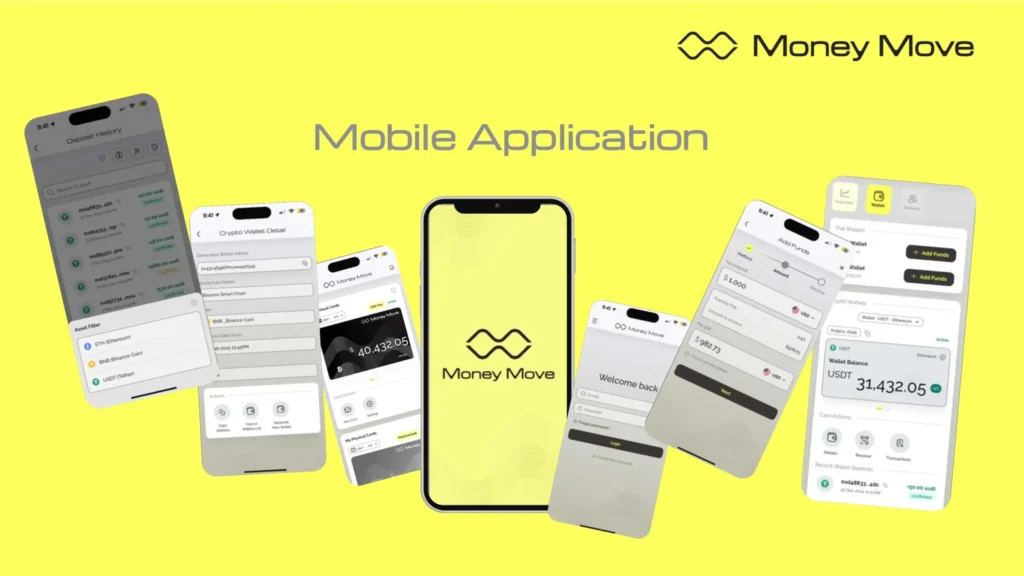What if tokenization wasn’t just the latest trend? What if it actually reshaped how we think about ownership, investment, and access to capital? It’s a big “what if,” but not as far-fetched as it once seemed. The concept of tokenization—taking real-world assets and turning them into tradable digital units—is already in motion.
Imagine owning a fraction of a luxury condo in London, a piece of invoice debt from a New York startup, or a small slice of farmland in Thailand… all from your phone. That’s the promise. But the path there? Let’s just say—it’s got some twists.

If Tokenization Took Over Tomorrow…
Let’s play it out. In a world where tokenized assets are the new normal, capital moves faster. Liquidity improves. And suddenly, investing isn’t just for the wealthy few—it’s for anyone with a smartphone and some spare change.
Sounds ideal. But wait—what about legal frameworks? Investor protections? Tax implications? Even if the tech works perfectly (which it rarely does), the human systems around it—governments, banks, compliance teams—aren’t always so quick to adapt.
This is where platforms like Money Move step in. While most projects focus on slick front-end UX and clever smart contracts, Money Move does something surprisingly rare in the Web3 space: it plays the long game. And that game starts with trust.

Why Money Move’s Approach Matters
Let’s be honest, a lot of blockchain platforms still operate in the gray. But Money Move builds with legal clarity from the start.
Say you’re trying to tokenize a rental property in Kuala Lumpur. With Money Move, that property isn’t just “on-chain”—it’s audited, the rights are documented, and the token structure aligns with regional laws. That’s not just extra paperwork—it’s what separates usable assets from digital noise.
And users? They’re not left guessing. Every investment comes with clear documentation—what it is, what it isn’t, what you’re entitled to. No fine print buried in confusing whitepapers. Just real transparency, because that’s how you build confidence.

Tokenization Risks and How Platforms Respond
Any what-if worth exploring needs a reality check. If tokenization became the default overnight, bad actors would exploit gaps. Poorly written smart contracts, shady tokenized debt, rug-pulls masked as innovation—it’s not just possible, it’s happened.
But that’s the thing. Platforms like Money Move aren’t naïve about risk. Their model includes preventative layers—legal review, cross-border compliance filters, and real-time user restrictions based on local law. If a token can’t be legally held in your country, you won’t see it. Simple as that.
Is it perfect? Of course not. But compared to the wild west approach of “launch now, lawyer later,” it’s a breath of fresh air.

The Final Thought: What If Becomes When
At the end of the day, tokenization isn’t a matter of if—it’s more like when. The building blocks are already here. What’s missing is confidence—the sense that this isn’t just for crypto bros or early adopters, but for your average investor, your cousin with a savings account, your retired uncle looking to diversify.
And confidence, ironically, doesn’t start with technology. It starts with frameworks. With transparency. With platforms that think five steps ahead.
Tokenization has the power to flip the investing world on its head. But only if we build it on something solid. That’s where platforms like Money Move quietly lead—not just by coding smarter, but by asking: What if we got this right?
Relevant News: How Blockchain in Finance Is Quietly Reshaping the Rules of the Game



